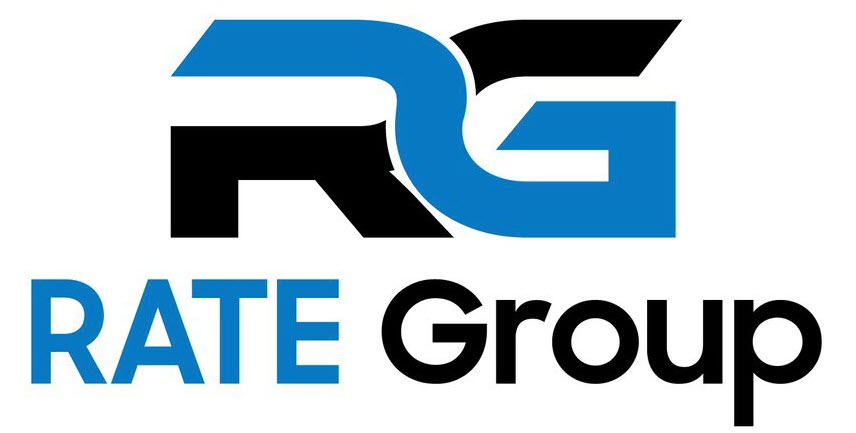
07 Nov Why Centralized Cryptocurrency Exchanges Make Terrible Custodians For Crypto Assets
[ad_1]
“Today there are over 300 centralized cryptocurrency exchanges in the world. Almost all of these centralized exchanges also act as custodians,” Alex Mashinsky, CEO of Celsius Network and one of the inventors of VoIP (Voice Over Internet Protocol), told me.
While cryptocurrency exchanges allow customers to trade cryptocurrencies for other assets, some of the biggest exchanges in the world also act as both exchanges and custody holders.
What exactly does this mean? According to a blog post written by Miko Matsumura, cofounder of Evercoin Exchange, a custodial exchange holds users digital assets. A non-custodial exchange does not hold users digital assets. Moreover, some of the exchanges that act as custody holders also hold users private keys.
While it’s clear that custodial solutions (products offered by third party providers of storage and security services for cryptocurrencies) have become one of the latest innovations to emerge within the cryptocurrency ecosystem, a…
[ad_2]
Source link

